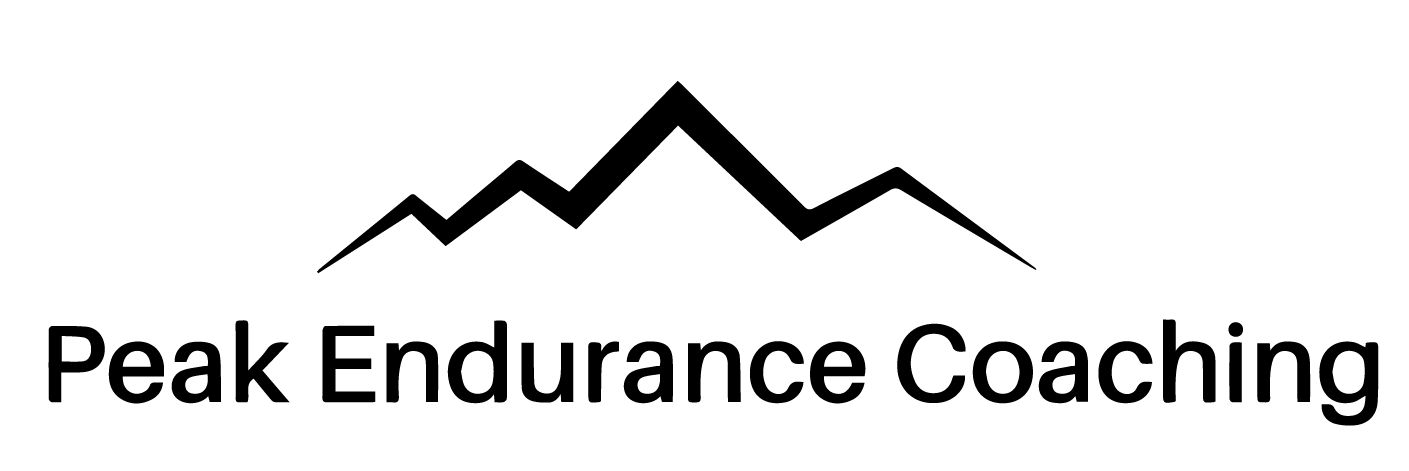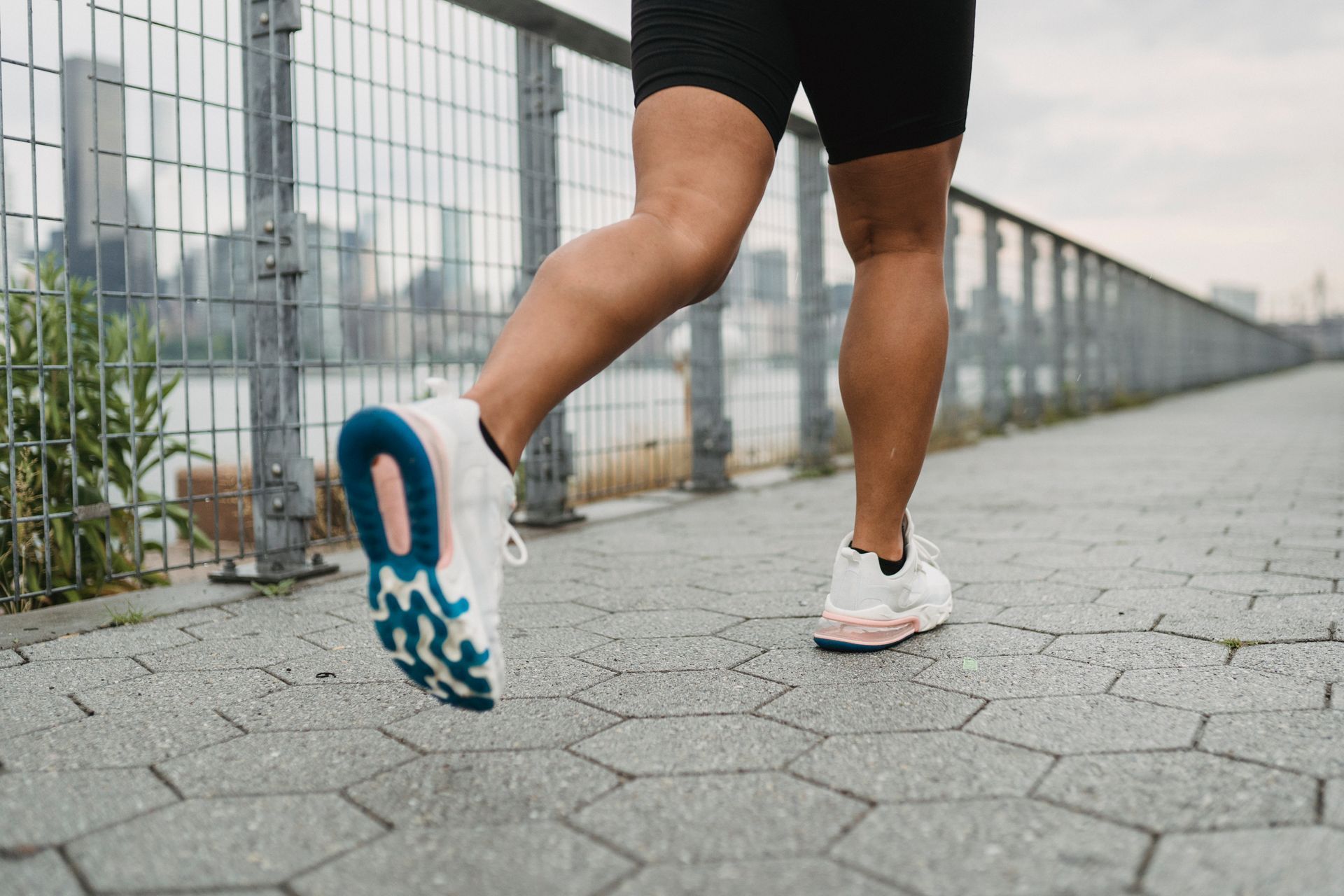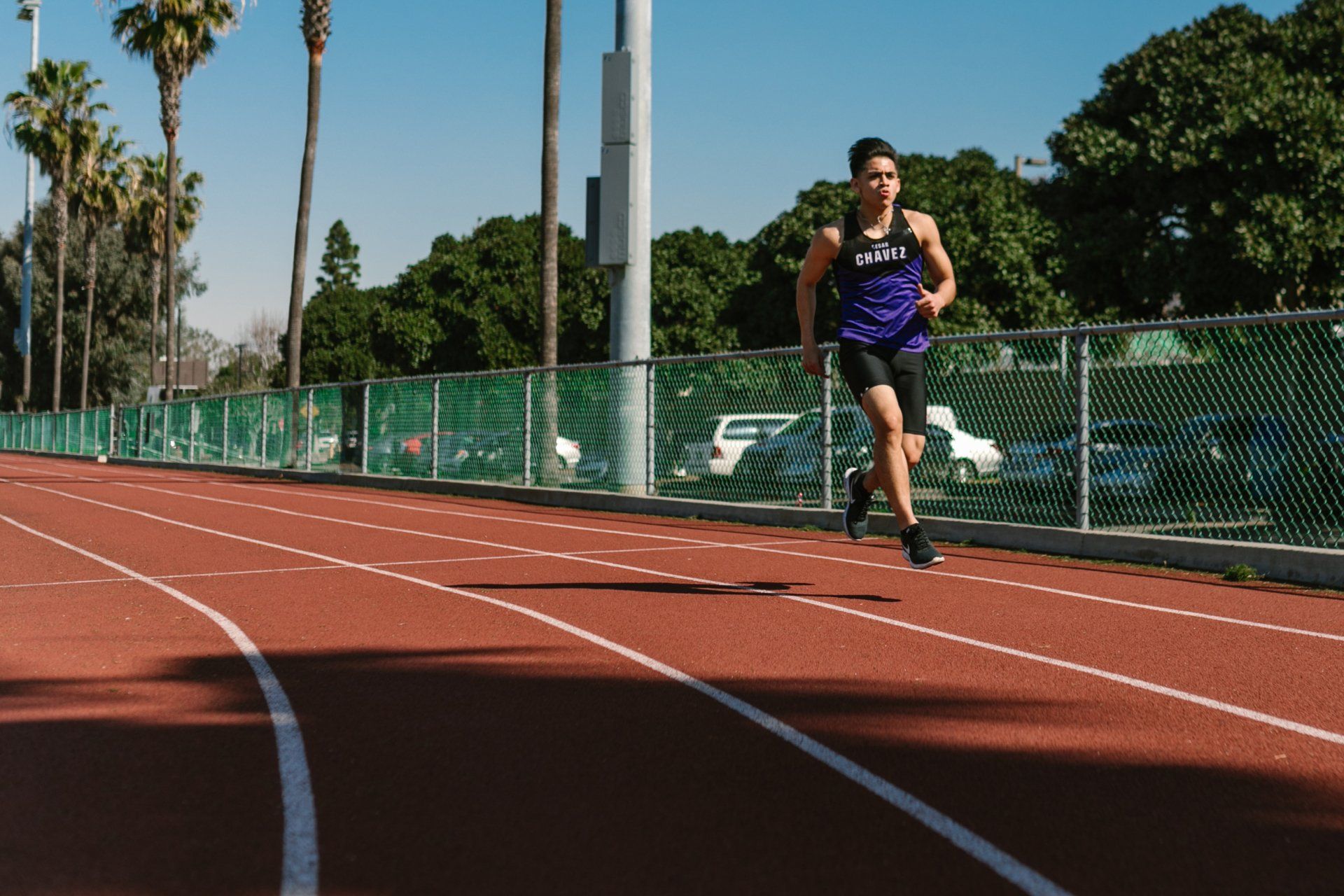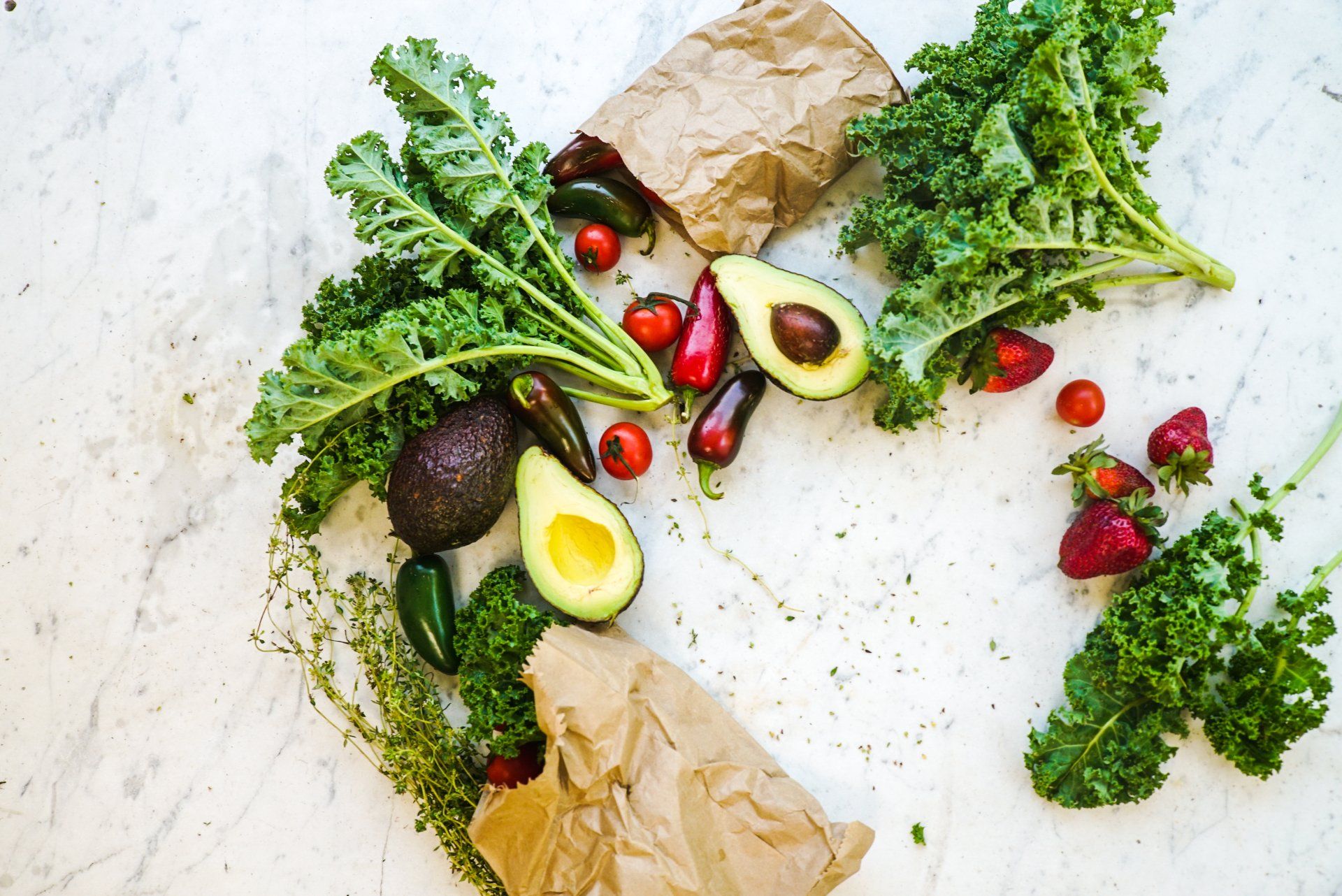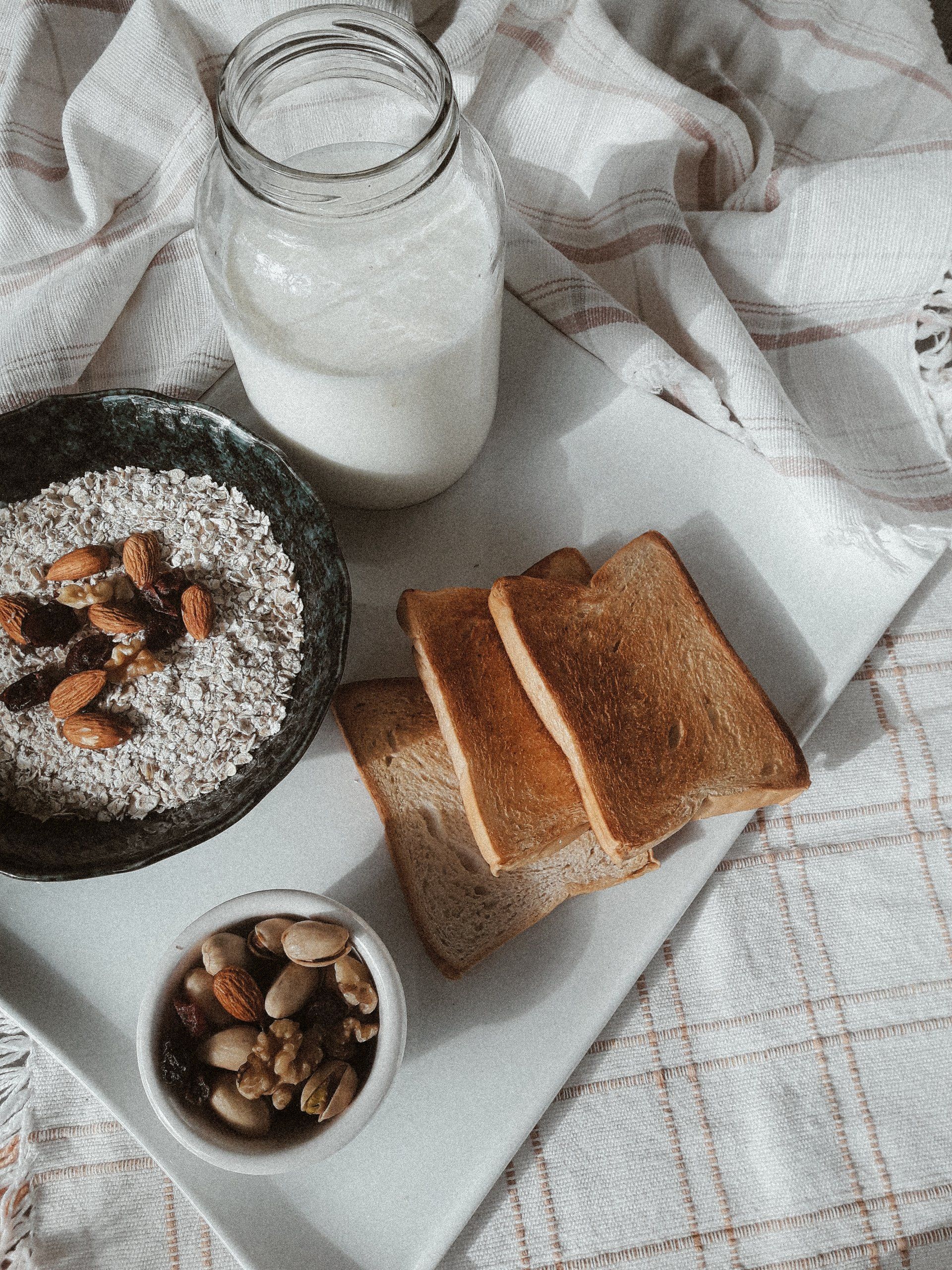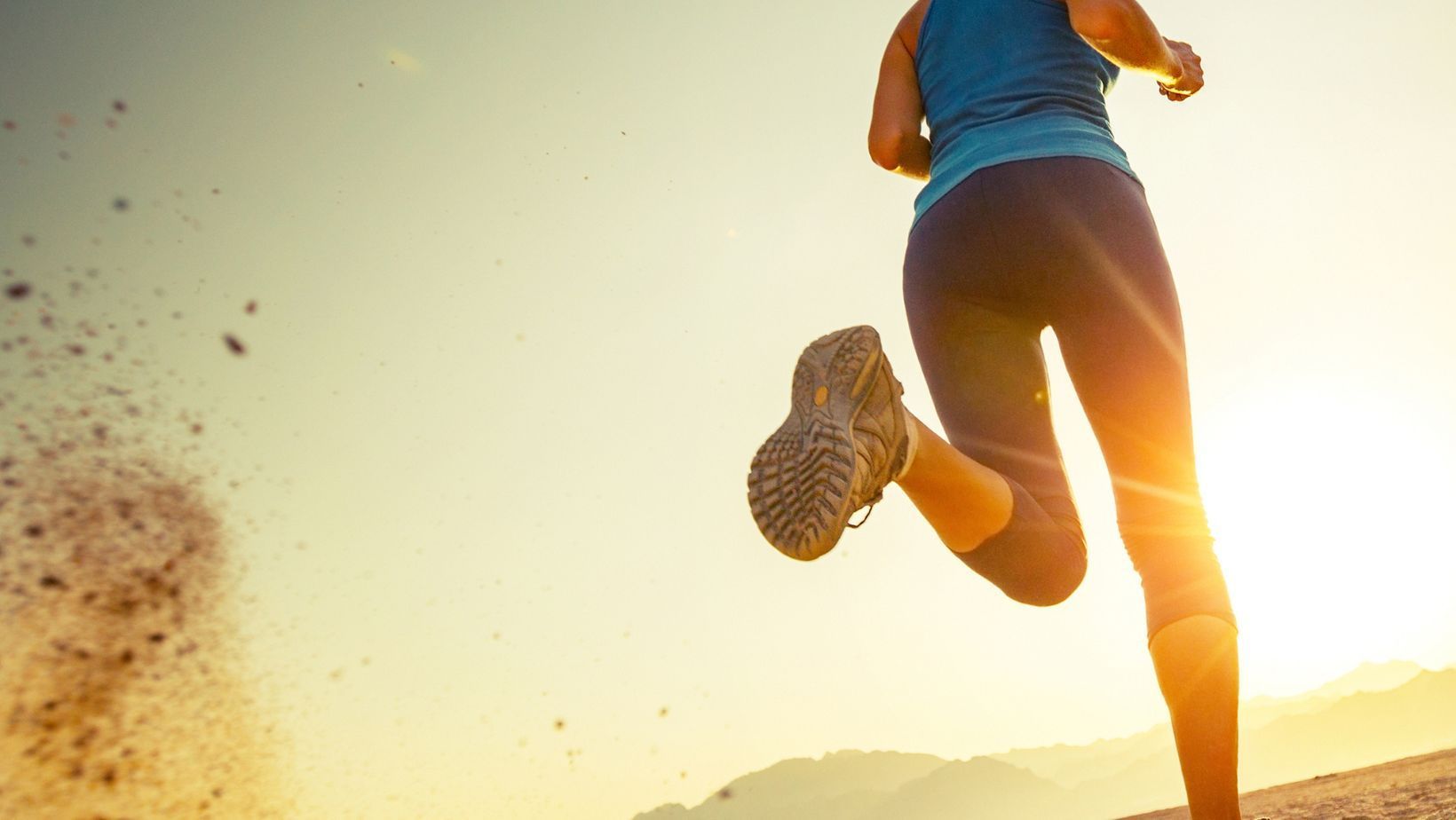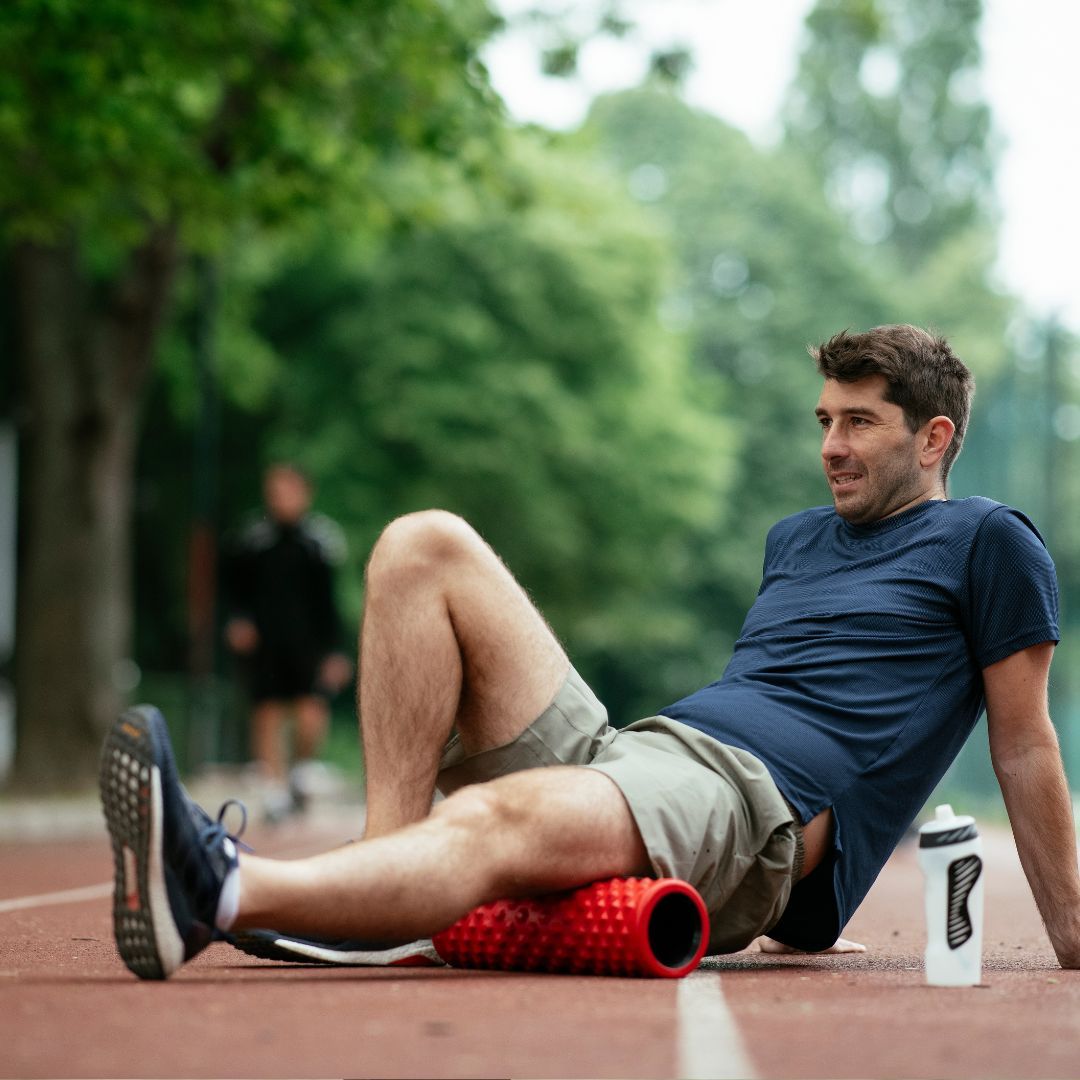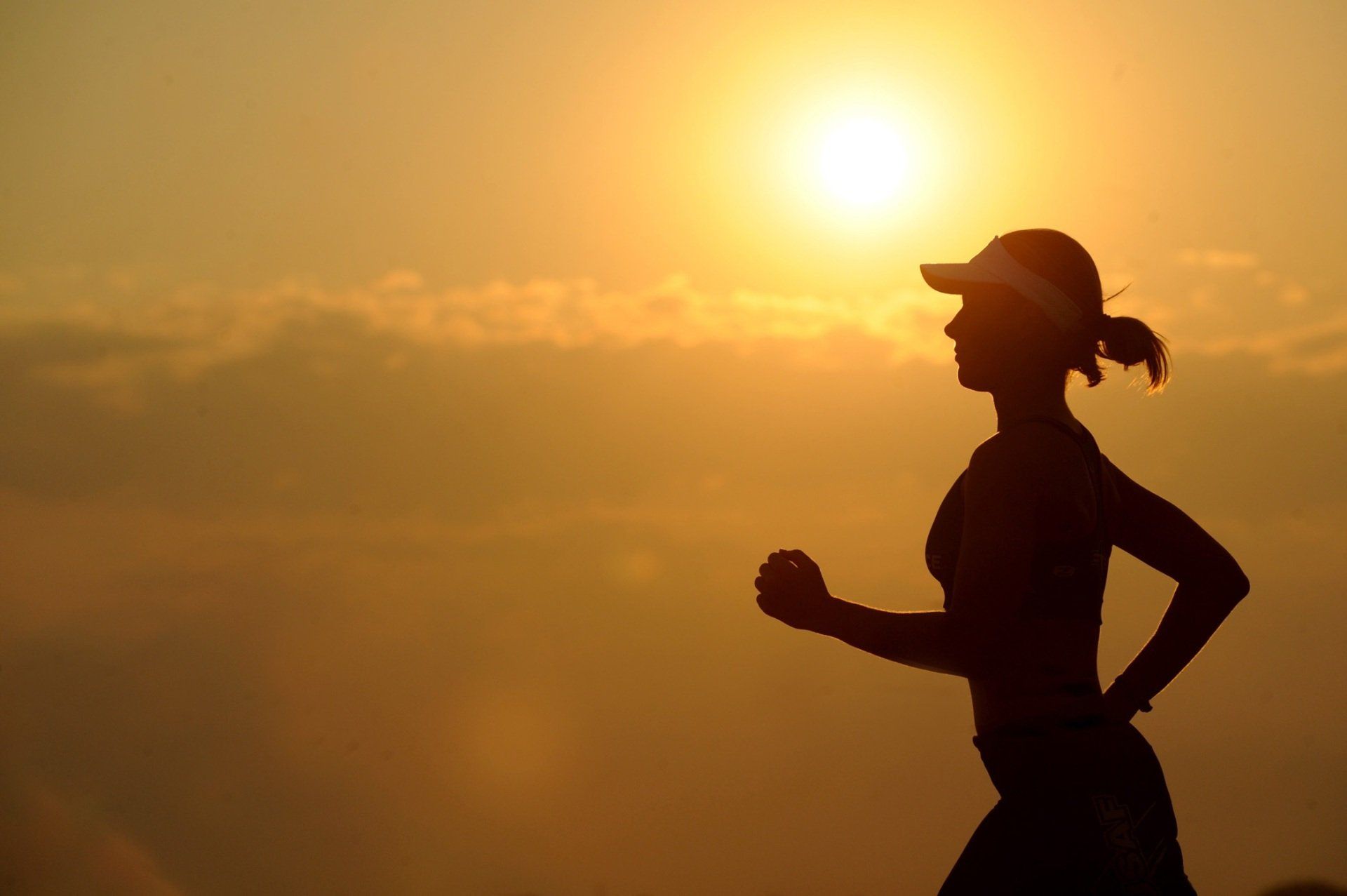Work + Rest + Success
Work + Rest = Success!

Today’s topic is Recovery!
As the saying goes, Work + rest = success!
When you train, you are applying stress to the body. Stress in this instance is a catalyst for improvement. It is a necessary component of a good training plan. However, a good coach knows that an athlete doesn’t get faster or stronger during the application of this stress (running), but instead improves from the adaptions that take place during rest and recovery. Recovery is the limiting factor to performance for so many athletes these days, and recovery includes not only the body, but the mind too. Athletes need to see rest and recovery as the equivalent of recharging batteries or re-fuelling the car. A strong focus on recovery will increase your performance and enjoyment of your sport.
Recovery should be a part of any training plan. Your success will be compromised if you don’t have adequate recovery. The things you do to promote recovery are pretty much just as important as the running, strength training and cross-training that you engage in on a daily basis. If you focus on recovery you will be able to get the best out of your body and mind, come race day. Recovery is more than just having a regular rest or easy day.
The core components of recovery are;
· Nutrition
· Sleep
· Massage (including self-massage)
· Stretching
· Rest days
· Stress management
· Recovery modalities (such as cryotherapy, compression boots, etc)
This sort of a focus on our daily habits highlights the fact that what you do the other 22 or so hours of the day when not running are actually very important for your running! In fact, those hours are probably having a far bigger impact than you can possibly imagine If you want to improve as an athlete (and if you are a runner, you are an athlete), then you need to focus on recovery. Once you do, you will wish you had earlier!
Focusing on rest and recovery is a form of self-care. I run every day, but I have a strong focus on recovery. I will outline what I do, then discuss what the most important elements to start with are. Firstly, I prioritise sleep. I am getting ready for bed between 8.15 -8.30. I get up between 4.20 and 5.10 so this is necessary. Once I get up for a run, I take a collagen powder for my tendons and ligaments, have my coffee, then use the Thera gun on my calves. I then do some foot strengthening exercises, as well as nerve flossing exercises. Then I go downstairs and hang from my inversion board. Outside I do a variety of dynamic warm-up moves as my Garmin gets gps. I then run and as soon as I get home, I focus on quality nutrition and lots of it. In the evening I use the massage ball to self-massage my glutes, hips, calves and shin. I also have a tool for getting into my psoas. I then do my foot and flossing exercises again, then spend about 15-20 minutes stretching. After this, I use the TENs machine for an hour. I ensure during the day that I am consuming lots of quality food: protein with every meal/snack, lots of veg and lots of fluid. I take vitamins and minerals to support my health: Vit C, iron, multi-B and Vit D in winter. Just before bed I take Magnesium, and have a Peak Chocolate magnesium hot chocolate (don’t forget to use the code ISOBELROSS all caps no spaces to get a 15% discount, I use it!!) I then rinse and repeat. As you all probably know, I love to go see Luke Nelson at Health & High Performance in Mont Albert to get a regular checkup and to keep the niggles in check, I really think prevention is better than cure! I also have regular massage, shout out to Stephen Smith who is awesome.
The most important take-aways from all this is my focus on sleep and nutrition. I believe these two are, hands down, the most important elements of recovery. People have always asked how I recover so well, and the main thing is my focus on getting that nutrition in as soon as I finish running and not waiting because I don’t feel like it, or because I think it might help me lose weight. I don’t run to lose weight or maintain my weight (although that’s part of the reason I started running, and it certainly does keep me at a good weight, but that is not my main goal). I train for performance, and nutrition fuels that performance. If I just wanted to lose weight I wouldn’t have become an ultra runner, there’s much easier and less painful ways to lose weight! As a runner I have been thinner than I am now and I am here to tell you it did not help my performance. Food is performance fuel. You need to eat. And being thin is not indicative of doing well, especially in ultra-running and especially if you are doing ultras in the mountains. You need to be strong and healthy to avoid injury and to have the energy to race for hours.
Then, I sleep on a regular time scale every night, including weekends. I get up and go to be around the same time 7 days a week. Trust me, if you do nothing else but focus on these two, your performance and just general day-to-day wellbeing will improve.
Many people focus on the wrong things: compression boots and cryotherapy when just adding an extra hours sleep and eating enough quality food throughout the day would work better, and be a whole lot cheaper and easier to implement.
Sleep is so important as this is the time the body needs to repair and rejuvenate. Scrolling social media or watching Netflix is not as good for your running as sleep is. I can guarantee it. Focus on sleeping in a dark room (no lights from things charging or TVs in the room). To be honest, I don’t even believe in TVs in the room. So, a dark room, which should also be quite cool. You should have a window open so you have fresh air to breathe. They say it is best to wake naturally but we all know that isn’t possible. And, don’t try to make up for sleep on the weekend!! This just puts your whole circadian rhythm out of whack and makes the week that much harder. An extra hour on the weekend is fine, but not 2-3 or more. Also, limit naps to about 20 minutes. No coffee after lunchtime.
Now, although I rarely have a rest day, I do have easy/active recovery days. On these days I run very easy. I know a lot of runners think they do, but I think often their runs end up in that grey zone of not hard enough to be a workout but not easy enough to be a recovery run. A recovery run is just spinning the legs. I find my body feels better and recovers better with this than with complete rest. It’s just the way I am, but not all people are like me and for some people it is essential that they have a rest day.
Of the ancillary items of compression boots, cryotherapy, hot/cold therapy and so on, I don’t do any of it. I occasionally go in a flotation tank but that is more for mental recovery rom life than physical recovery rom running.
I focus on my recovery modalities as hard as I focus on running. I feel as guilty if I miss a stretching session as if I miss a workout. You need to think of your recovery activities as a core element of your run training, not a side dish. If all you do is run, I’m sorry to say it’s not enough. You may be a newer runner and can get away with it (although even in the early days when I was working full time with young children and running 120-130kms a week, I still stretched every day) but as the kms clock up on your body mileage you will find you actually NEED to do some of these things. Best to start before you are battling injury. Start now! But like I said, first focus on sleep and nutrition. Now, although I can’t help you with sleep, I can help you with nutrition. Check out my website peakendurancecoaching.com.au and see what nutritional services I provide. I would love to help you nail that aspect of your training. Also, if you want to find out more about personalised coaching that will improve your running and race performance, contact me now on Isobel@peakendurancecoaching.com.au
If you want to download my free eBook on recovery, click here! I have worked on this and would love you to take advantage of this offer.
